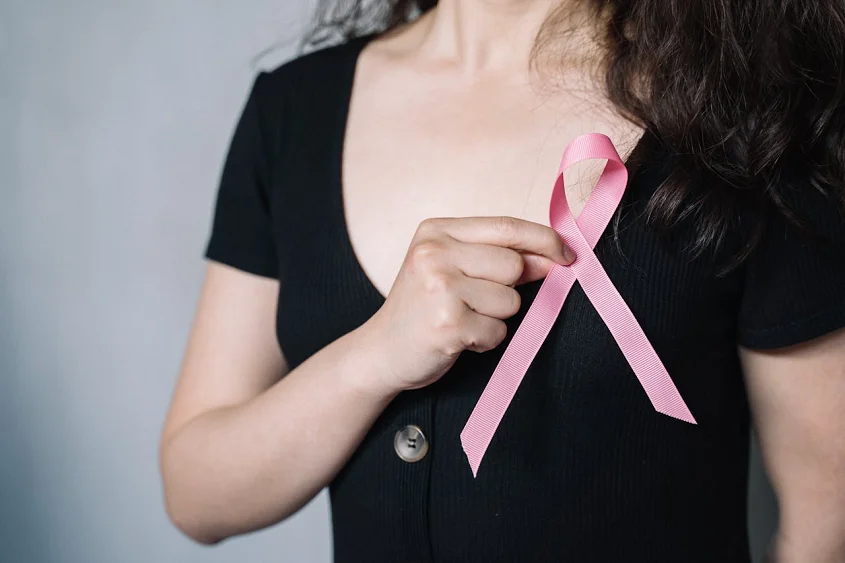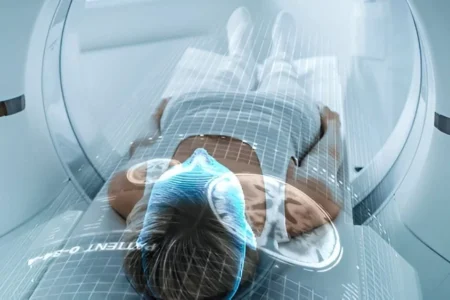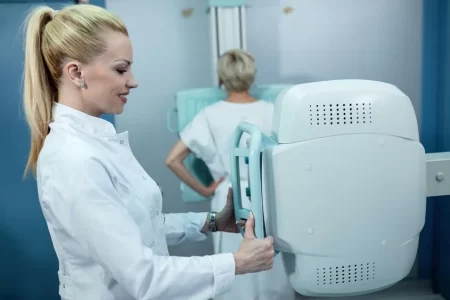Cancer Patients: Empower Yourself With These Suggestions
- Updated on: Dec 18, 2024
- 3 min Read
- Published on Dec 18, 2024

Learning you have a cancer diagnosis is never, ever on anyone’s life to-do list. If you or someone you care for finds themself in that unenviable position, you have every right to experience your feelings as they come. It is also within your right and ability to take actionable steps to empower yourself and learn more about the available options regarding your diagnosis and potential treatment plan. Please continue reading to learn more about what you can do to help your health.

Enroll in Medical Trials
Cancer is still such a broad and nuanced diagnosis. There exists an abundance of cancer types and variations within those types. Add to that that every person’s body is unique. With all of that in mind, there are cancer research and clinical trials taking place around the globe that seek to learn more about what is happening within cancer patient’s bodies and how they might respond to new treatments.
Consider adding another tool to your cancer-fighting efforts by researching and enrolling in a clinical trial based on your specific cancer diagnosis. Look for available trials and learn more about what they entail at Massive Bio. Through your efforts, you have the potential to help yourself and those who will experience similar diagnoses in the future.
Find a Healthcare Advocate
A healthcare advocate, also known as a patient navigator or patient advocate, helps patients and their families navigate the complex healthcare system. They are often trained in social work and have a comprehensive understanding of the structure and schedule of appointments that a patient who has never gone through the rigamarole of cancer treatment will be privy to.
Your healthcare advocate may be assigned to you by your oncologist, the clinic or hospital, or possibly by your insurance provider. Take time to get to know them and let them in so they can better understand what you are feeling and what you need. The words advocate and navigator are not empty parts of their titles; they are essential, and the services they can provide for you and your family ensure you receive the best care possible.
Find Support Groups
Support groups are an emotional lifeline for those on the receiving end of a cancer diagnosis. It is a safe space where you can sit with other people who are going through the same thing. You will not feel the pressure of “being okay” for the people who love you and only want what is best for you. You can be yourself and feel your personal roller coaster of feelings that will occur throughout the cancer treatment journey.
It is important to note that support groups are beneficial for family members, too. These meetings give them the opportunity to vent, express guilt, and ask questions. It is a way to help them through everything they experience and feel more in control.
Watch this video to learn about how support groups can help.

Now, more than ever, you must embolden and empower yourself to make proactive steps towards receiving better cancer treatment options. Look for clinical trials near you and participate in potentially life-changing treatment breakthroughs and studies. Find support groups for yourself and those who support you. Healing is not an event. It is a process that takes time and a team of supporters.












